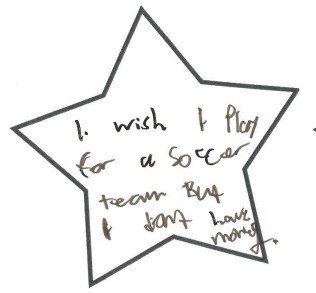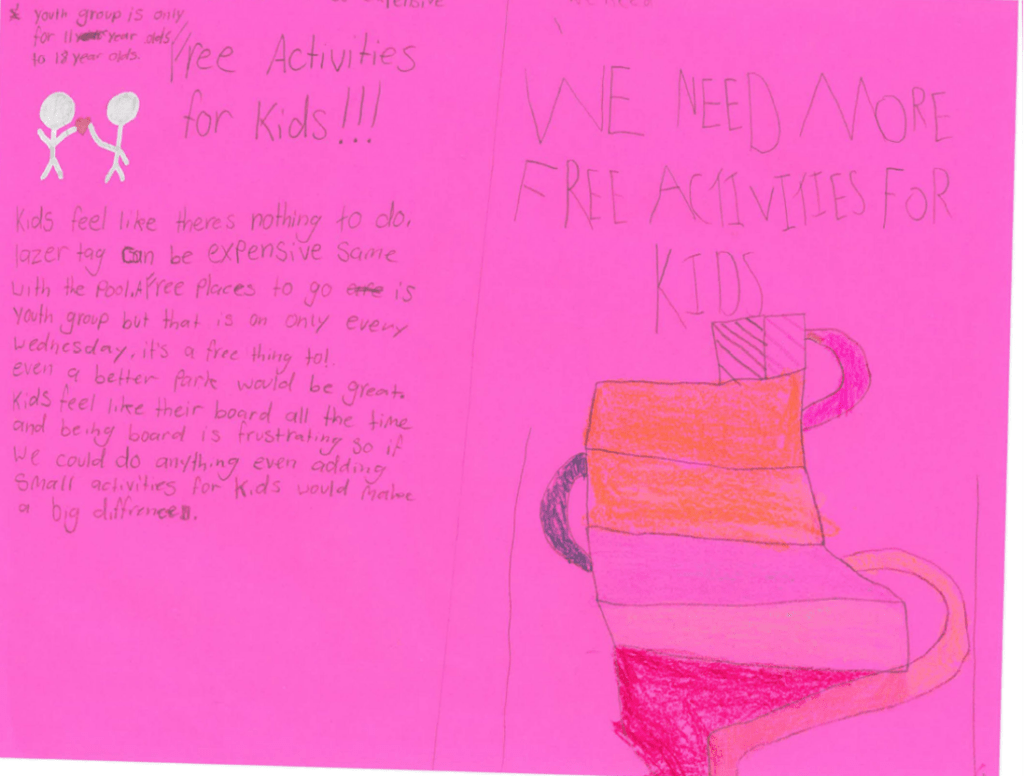
A social media ban might make some children safer, but is it the best way forward?
Australia’s social media ban for young teenagers reflects its growing recognition that we don’t have a child-inclusive society. However, leaders must go beyond taking things away. Our research at ANU Children’s Policy Centre has revealed that there are more barriers to a safe, comfortable, and fun childhood than just their online safety, Cadhla O’Sullivan and Sharon Bessell write.

Amid debate about the government’s plan to ban children under 16 from social media, Prime Minister Anthony Albanese said, “I want kids to have a childhood, I want them off their devices and onto the footy field and onto the netball courts. I want them to have real experiences with real people’”
His words echo the findings of the More for Children project around what makes childhood fun, and what makes it tough. Using a child-centred methodology to talk to children about their experiences, we found that many don’t have access to the physical social spaces Prime Minister Albanese described.
Footy fields and netball courts are great places to hang out. But they aren’t always nearby, and sport isn’t free. Some families can’t afford registration, equipment, or transport to games and training.
Australia’s children also told us that when their parents work long hours, or multiple jobs, they don’t always have enough time to take their kids to social activities.
We spoke to children who don’t have backyards or access to a safe, clean communal space, let alone the resources to participate in organised community sport. Some described a life in which they are mostly confined to their house, or to their bedroom.
If Australia wants its children to be ‘off their devices’ it must find ways to add to children’s lives, not subtract from them.
Australians need physical infrastructure and facilities that empower them to build communities. When these are available, children have the opportunity to have real experiences with real people.
Putting danger tape around digital spaces will not achieve good outcomes for children if they don’t have anywhere else to socialise.

There’s no doubt that online safety matters. Our research has also revealed the dangerous online spaces that some children find themselves in, and it’s good that the government has taken steps to keep children safe by closing unsafe digital spaces. But this policy can’t help children if they don’t have child-inclusive physical spaces to socialise in instead.
Our findings have shown that many Australian children are kept out of these spaces by inequality. As one 12-year-old girl said to researchers, “It shouldn’t cost money to have fun”.

